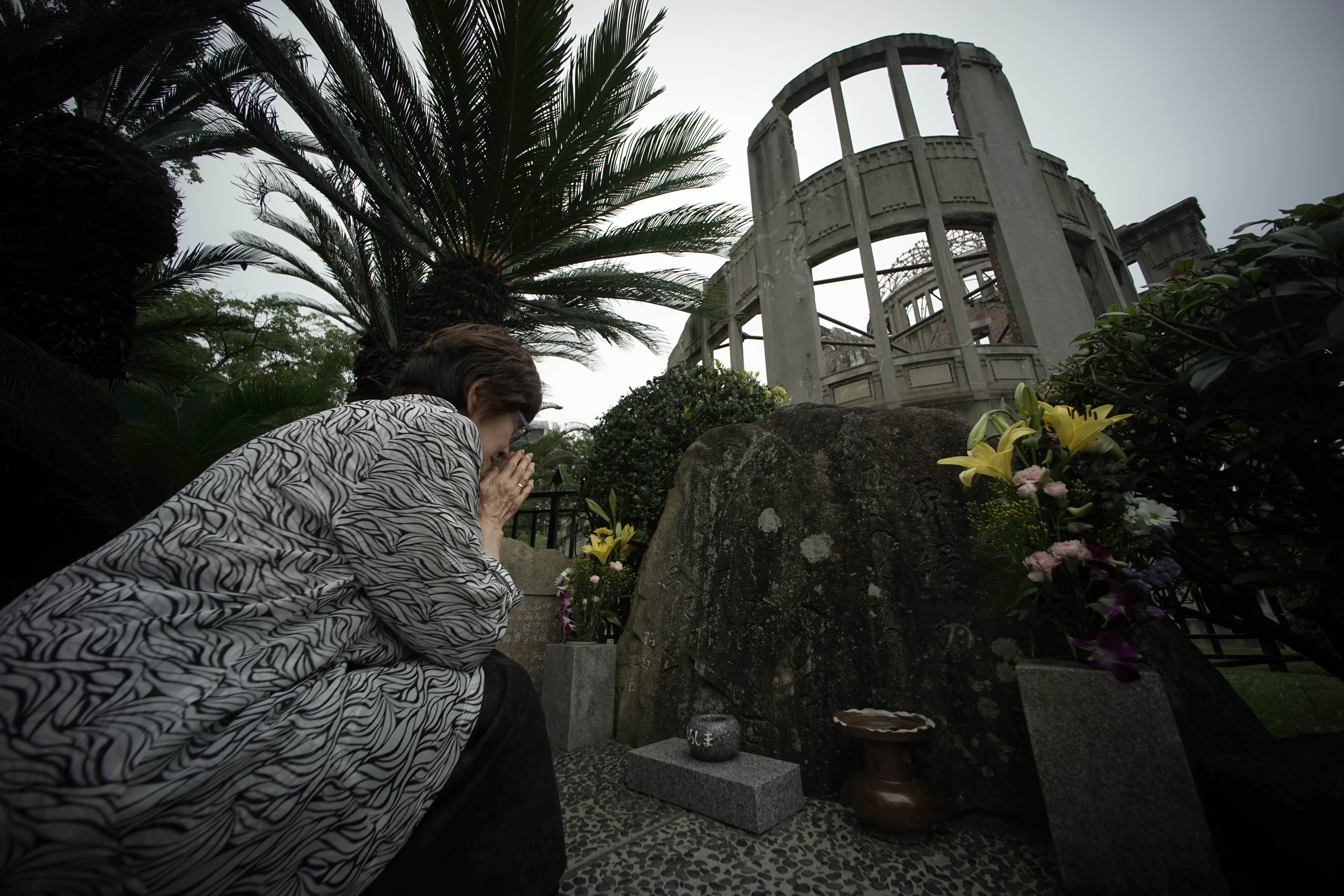When Atsushi Hoshino set out to revive a group representing atomic bomb survivors in the Fukushima Prefecture 30 years ago, one topic was taboo — criticizing the nuclear power industry upon which many relied for jobs.
That changed dramatically after March 11, 2011, when a massive tsunami devastated the Fukushima No. 1 nuclear plant, triggering meltdowns, spewing radiation and forcing tens of thousands of residents to flee their homes.
"Until then . . . I felt somewhat uncomfortable about nuclear power, but not enough to oppose it. Rather, I was in a situation where it wasn't possible to oppose it," Hoshino, 87, told reporters at his home in the city of Fukushima, about 60 km from the wrecked Fukushima No. 1 plant, the country's first commercial nuclear plant when it went online in 1971.



